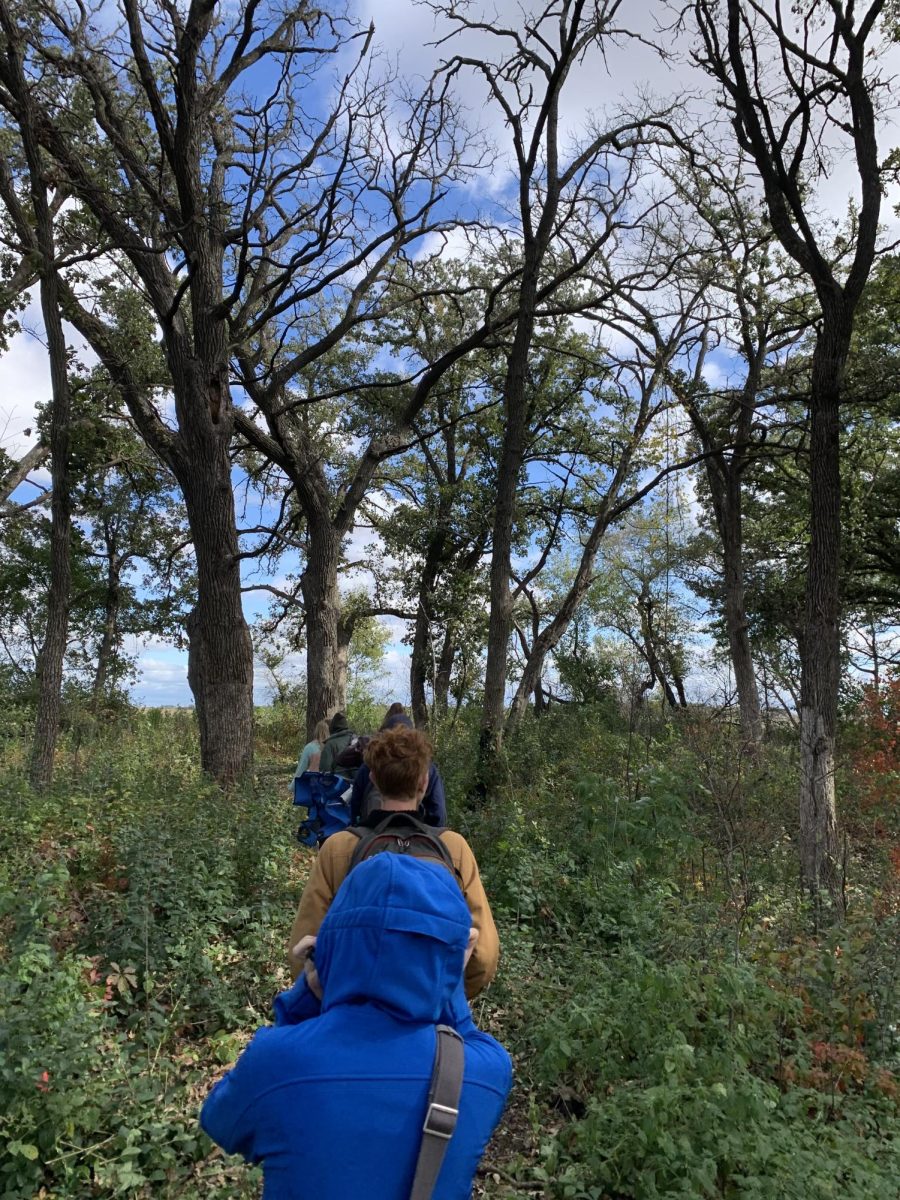On April 22, the COVID-19 Core Team announced changes to their decision-making framework to guide the college’s pandemic protocols. The framework was revised to be “more flexible than its predecessor” and “better represents the factors [the college] is considering at this stage of the pandemic when determining how to respond to COVID-19 on campus.”
Changes to the decision-making framework follow waning positivity rates across the country, in Rice County and on Carleton’s campus. After two weeks of surveillance testing at the beginning of the term, the overall Spring Term baseline positivity rate on campus was 0.31% and masking became optional for vaccinated students, faculty and staff on April 16.
The flexibility of the revised framework comes from moving away from making decisions based on the campus positivity rate and instead looking at case trends to “implement strategies based on the impact those trends are having on campus operations.” The COVID-19 Dashboard will now reflect alert levels of Low, Medium and High, which roughly correspond to positivity rates of less than 2%, between 2-5% and above 5%, respectively.
The new framework stipulates that masking will be optional while the alert level is low and large indoor gatherings may be restricted only at alert level High. Random Surveillance PCR testing and surveillance testing of student-athletes also have been discontinued, consistent with recent NCAA guidance, which has also been endorsed by the MIAC. The Rapid Testing Center will continue to offer daily testing for symptomatic individuals.
As opposed to weekly positivity-rate updates to the COVID-19 Dashboard, new cases this term will be reported daily. The COVID-19 Core Team will discontinue weekly COVID-19 case updates, and instead, all new data, changes to the campus alert level and mitigation strategies will be available on the COVID-19 Dashboard.
The COVID-19 Core Team revised their decision-making framework to make a transition toward “a public health approach that relies on individual and contextual choices rather than universal restrictions” that is reflected in evolving national responses to the pandemic. Another change to the framework that is set to be implemented before the end of Spring Term is a self-reported contact tracing strategy “to enable individuals who test positive to identify their own close contacts, focusing on the types of contacts that are most at risk of spreading COVID-19, such as roommates, housemates and intimate partners.”
The team emphasized their hope that the new framework would be a more sustainable system “for managing COVID-19 at Carleton for the longer term.” Naiya Karl ‘23 was pleased to learn about the changes to the framework: “I feel like the tight COVID-19 guidelines were not something that could be maintained long term because of how much time and resources surveillance testing required. Because our positivity levels are so low, I feel like this framework better allows us to evolve with the pandemic and relax a little more while still being safe.”
Ty Folks ’25, who plays on the Carleton football team, also felt the changes came at the right time: “I’m pretty happy that they ended all random surveillance testing and testing for athletes. It was annoying to have to get tested so often for sports and also to get picked for surveillance testing. Some of the rules they put in were just unnecessary, like locking the other dorms so you couldn’t get in, and I feel like, as a community, we’re in a good spot and ready for this change.”













